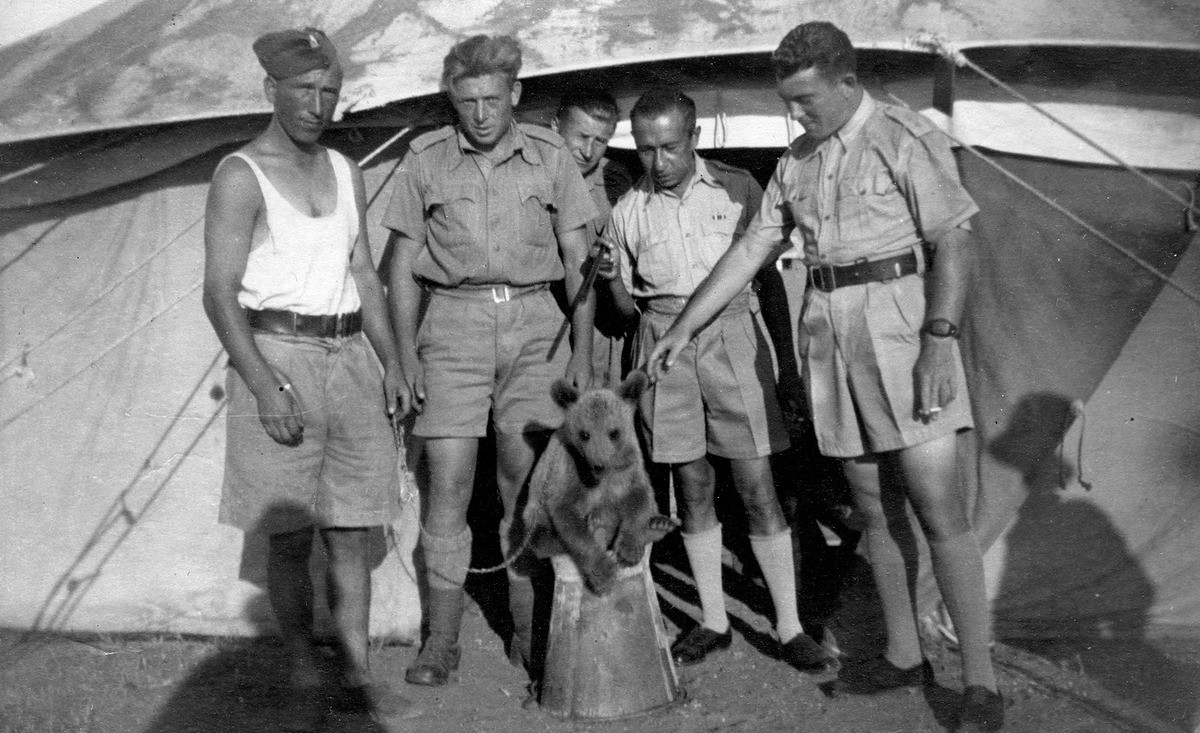''Throw your soldiers into position from whence there is no escape - and they will prefer death to flight.''

The din of shelling is nothing new to Poti - for weeks, the Polish volunteers have exchanged fire with the Red Army, suppressing their artillery. As the Red Army has built up its strength around the city, the sound has grown, and recently it has finally been joined by the rattle of machineguns, the exchange of rifle fire, and the quiet sound of men dying. Poti had been the principle port by which the Polish volunteers - and their supplies - had arrived. Faced with the chaos of the situation they had arrived to, they had remained in the city throughout the conflict, ostensibly to free elements of the Caucasian Army to fight elsewhere. Deeply entrenched, and now thoroughly familiar with the city and its surrounding country, the officers of the St. George's Legion from their HQ pour over artillery maps made up for the area around the city, dispatching orders, reinforcements, and ammunition runners. For every one man of the Legion, they will demand ten Bolshevik lives. For every metre of ground taken, ten gallons of blood.
At the sound of the Soviet heavy guns beginning to fire, there was no hesitation - every officer had faced war before, and knew that the thunder of guns was followed by a rain of bullets as the Bolsheviks would press to take the city. Even the highest ranking officers of the Legion, delegating the task of maintaining the evacuation, would go to join their men in the trenches. Joined by elements of the Transcaucasian Army who have trickled in, civilians who have volunteered to take up arms, and local residents who have chosen to serve as auxiliaries, the Legionnaries have resolved to fight till the finish - men leave the field to join the evacuation if wounded, or to go to God in Heaven if dead. If they abandon their positions to flee to the ships, they know that the city would long be overwhelmed, and themselves massacred, long before they reached the security of the few ships that continue to brave the port of Poti to retrieve evacuees. The only choice left is to fight.
As shells churn the mud, the Legionnaires of St. George wear grim faces and prepare to face another wave of Reds. As each man faces the next day of fighting, he has to himself perhaps half of the ammunition he was given yesterday, the Legion has begun exchanging ground for time - withdrawing each night under the cover of darkness to pre-prepared fallback positions, spiking guns, destroying what supplies remain that cannot be taken. These men know war, and they know what they came to Transcaucasia to do - and with the wailing of refugees at their backs, and the battle cries of the Bolsheviks ahead, they dare not turn back now.





